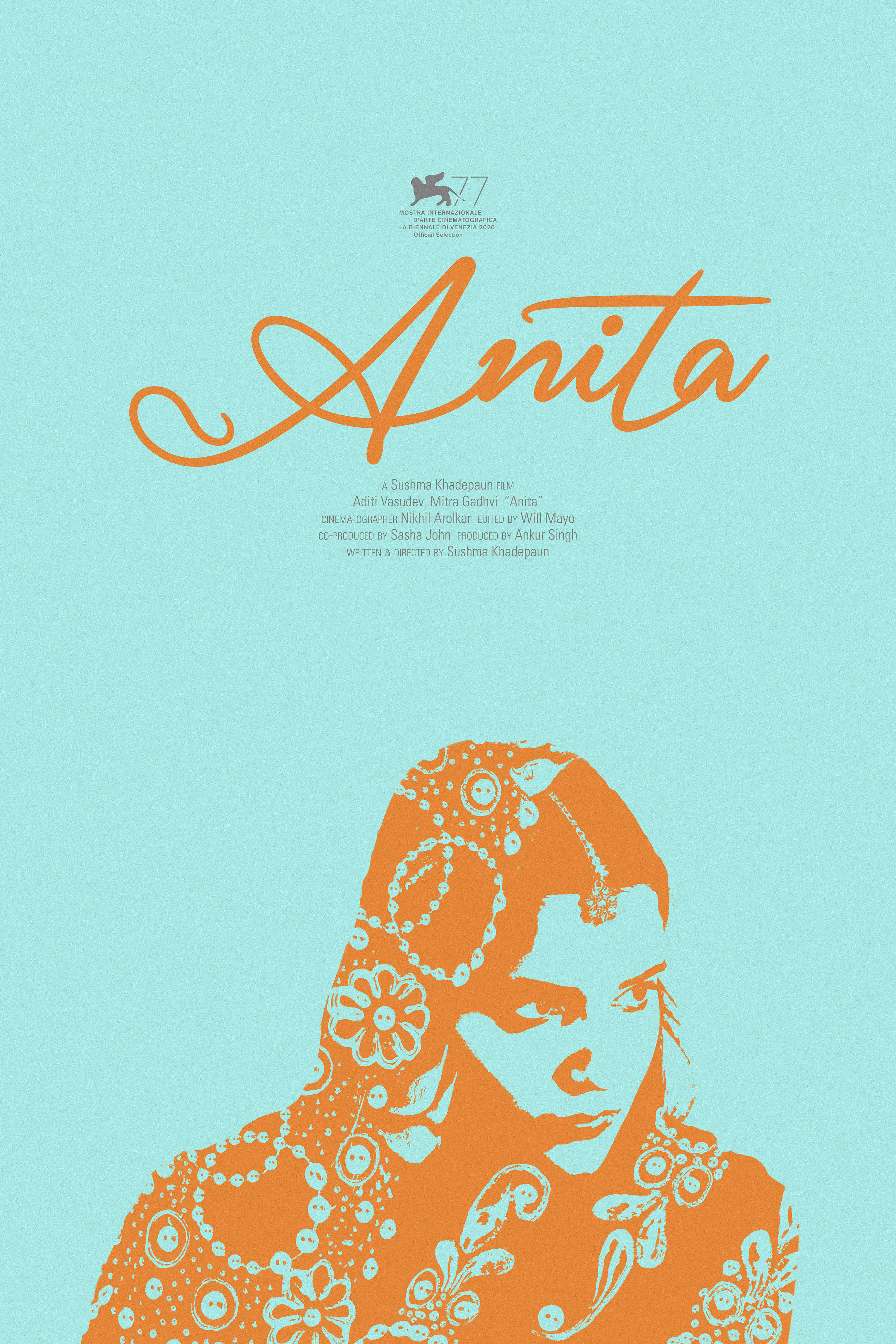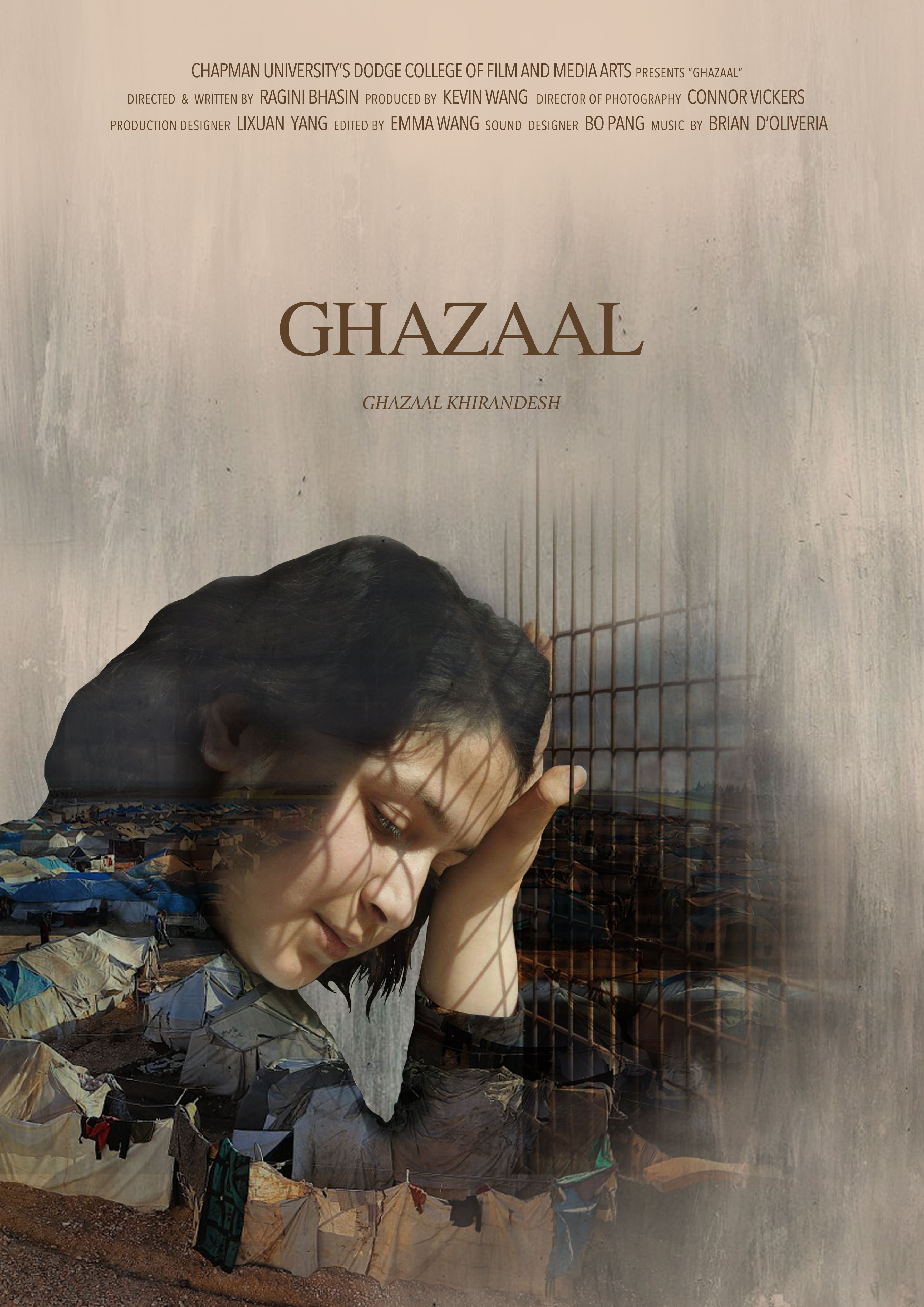By SUDHISH KAMATH
Who produces? The one who sows the seeds or the guy who reaps the fruits?
If you are in the film business, obviously whoever reaps the fruits is the producer. Because he’s the guy who took it to the market, right? The studio.
If the film industry is to be believed, films are not about the mother who went through labour pains; showbiz is about the father and the size of his mighty dick.
Simply put, the writer here – paid or not, credited or otherwise – is hardly important. What matters is who’s going to go all out to release the film and give the film the legitimacy of a completed film out in the market.
Being an indie filmmaker with great friends who have respected and supported my work, I’ve never needed conventional producers. I’ve always been lucky to work with people who have believed in me. Or have had the arrogance to walk away and start from scratch – twice in my three film old career – to work with people who believe in me, even if it meant putting my own money to finish what I started. And I would do it all over again even if it means selling my 100 per cent healthy fully-operational ready-for-transplant kidneys.
With the benefit of hindsight and the limited experience in dealing with industry-standard contracts over the last 15 years, I can tell you that it sucks to be a writer in India today AS MUCH as it used to many years ago.
Because when you are writing a film today, EVEN if you are doing work on hire, you can’t dare ask an advance without producers taking offence for pocket-change…they would react like you just suddenly put your hands into their pants.
The sad truth is that producers are more likely to give you an advance as charity than for the actual script.
Most people in the film business don’t get how easy it is to respect writers. Pay them right. Credit them right. Simple.
So why do people have a problem paying writers?
Because it doesn’t take anything right? Just pen and paper. If the writer has a laptop, she doesn’t even need to buy anything. In fact, if you record a writer working on a script, it can be proved beyond doubt that she does nothing spectacular that seems to deserve money. She just sits and types.
It’s not like she just climbed a mountain. It’s not like she gave birth to new forms of life. It’s not like she took a leap risking a certain free-fall to death, right?
Maybe if you were the kind who understood metaphors, analogies, sarcasm or other literary techniques, you would probably be able to see that mountain she climbed. You would see that leap of faith a writer has taken over a period of days, weeks or sometimes months, casting every other means of livelihood aside in a city where you get only a shithole, where your knees hit the door in a single bedroom apartment, for 25000 a month.
No surprises then that the writer is often seen as the stereotypical struggler, because nine out of ten times – she is. She’s the one at the bottom of the food chain, the artist who has given up life in a cubicle for an out-of-the-box career choice and hence, is solely responsible for her invisibility into the black hole of an existence. And therefore, she’s the one who smokes up/gets drunk/both and is always angst-y. She’s the epitome of a frustrated depressed artist who mostly puts up angry updates and Kashyap-py rants on social networks every once in a while. She – who dare not talk about whether or not she’s being paid – when the man with the money is doing her a favour by giving her attention. The one who better rewrite according to changing briefs or be found dead in torn underwear. The one you don’t need to reply to – by text or email. The one you can forget. Because she’s THAT irrelevant. That insignificant.
But you know what, it’s a money thing.
A writer is not respected most of the time because she is poor.
The ones who write on spec (speculative scripts that haven’t been commissioned by a studio/producer but are proactively developed/funded independently by the writer) are like those peddlers you see at the signal everyday from the air-conditioned confines of your car when you are not looking into your smartphone. Some days, when you are feeling charitable, you pretend like you care for the stuff they are trying hard to sell. You bargain not because you don’t have the money but because you don’t want them to take you for a ride. Yes, in some twisted way, you believe that giving them the price they want means a Prince and the Pauper life-swap.
Men with money, on the other hand, are respected because they are rich. Because they have the power to pick one poor writer over the other.
Only in this business, you will find writers not paid for work they have been hired to write, and spec projects treated as “work-on-hire” for “all practical purposes”, thanks to industry-standard contractual clauses. (In a work-on-hire arrangement, the intellectual property belongs to the producer and NOT the writer)
I know writers who spend all day typing away in coffee shops to get away from the claustrophobia of their homes, avoiding buying pricey espresso shots in different forms to fight monotony till the café enforces one on them, and nights wondering what to tell people asking them what films they are working on, and/or calculating how long it would be before they need to borrow money again without bothering their families.
Producers feel they are entitled to walk away from aborted projects and bastard scripts because it’s their money. And hey, it’s a buyer’s market. When you can throw a stone and hit a writer, you make it a habit.
So what do you do if you are a writer?
1. Do not write without an advance in a work-on-hire scenario. We tend to overlook this when the producer is also a friend. Make sure you set the rules early on. This is the conversation you need to have with the studio exec/producer before you start on a project. “Let’s co-write this film. First, you write the cheque. Then, I’ll write the first draft. Then you write another cheque. And I’ll write another draft… and so on till we are both happy. Or if you have only peanuts to offer, I can point you to a monkey.”
2. Make sure you have mailed your drafts to people you trust, especially professionals with some credibility, apart from registering your scripts and titles just in case a similar script/film/title surfaces in the circuit. Never mail your unsolicited scripts to anyone, be it inside or outside your circle of trust. Similarly, do not reply or open unsolicited scripts you have received from writers.
3. Even if you are asked to submit a synopsis, make sure it just describes the trick and not how exactly you are planning to execute it. They just need to know you will pull a rabbit out of the hat. They don’t need to know how exactly, at a synopsis stage.
4. Don’t be afraid. Speak out. Share your experience with fellow writers so that they know who’s genuine and who’s just wasting their time. But first, make sure you had delivered what you had promised. Ensure you have all communication on record by email. Give the producers/studio executives reasonable time to respond. Any decent producer with respect for writers and the writing process would reply. Especially if they don’t want to do it.
5. Feel rich no matter how poor your financial health is. Because money might determine your standard of living, but not your quality of life. We are writers because we are richer than most people in life experiences. We have done things people have only dreamt of doing. We have chosen to live a life without regrets. We are brave. We are unbreakable. We have nothing. So we have nothing to lose or fear.
6. Respect is a two-way street. If you find yourself in a one-way, get out of it at the earliest. That’s the only way to let people of power know that money cannot buy them everything. Certainly not respect. Writers often decide that they need to forget self-respect if they want to survive. Writers outlive producers and studio bosses in public memory. Nobody remembers producers or studios of the greatest films made. People remember storytellers…and OUR accounts of history. OUR heroes. And OUR villains.
(DISCLAIMER: Oh yes, there are many writers who get paid and get paid a lot as well. This post doesn’t intend to overlook their existence or judge their work as any inferior to work/films that don’t pay as much. As a filmmaker, I do want to be in their shoes someday just so that I can pay every single awesome person working with me what they deserve to be paid, especially because I have never been able to.)
Sudhish Kamath is a writer-director (That Four Letter Word, Good Night|Good Morning & X) who recently quit his day job as a film critic with The Hindu after 16 years and is currently using up his savings to develop scripts.








Leave A Comment
You must be logged in to post a comment.